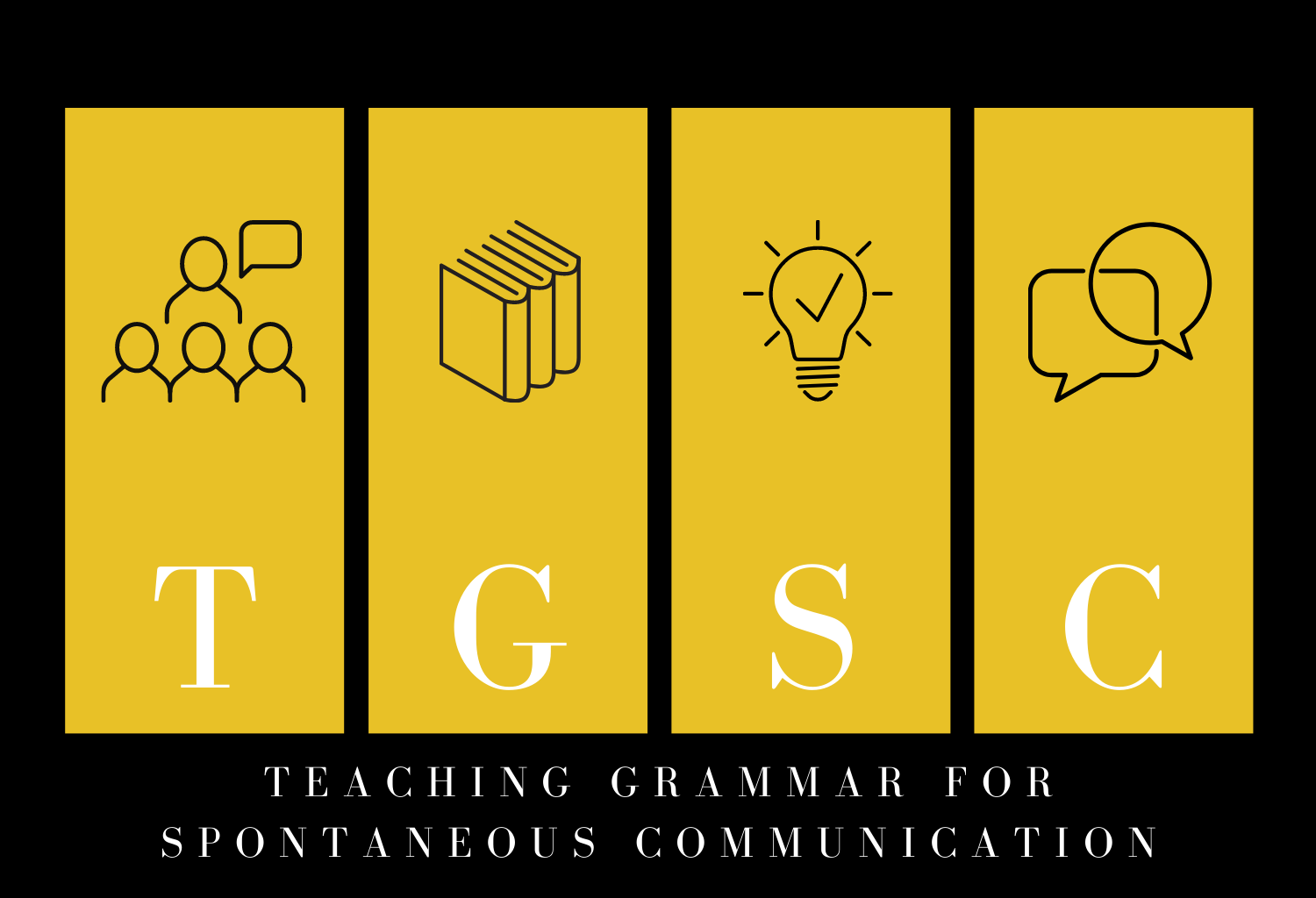We mostly use a kind of knowledge that is unconscious to speak our first language. We do not think very much about how to say what we are thinking, we just say it.
When we learn a second language, we often develop a very different kind of knowledge, one that is conscious and requires mental effort. For example, we may know that, in English, verbs in the present simple end in -s in the third person singular. It is very difficult to use this kind of knowledge while speaking because accessing this knowledge in real time is not easy and because we need to pay attention to many other aspects of the conversation. As a result, we can end up having correct knowledge of the language but not being able to use it during fluent communication.
Most experts in this area of second language acquisition today agree that to overcome this difficulty we need large amounts of practice.
According to this view, practice at using our conscious knowledge can help us gradually build a knowledge system which can eventually allow us to speak our second language the way we speak our first language: fluently, spontaneously, and largely effortlessly.
Practice can include a range of activities, from the more traditional exercises typical of a grammar book through more communicative classroom activities to conversations outside the classroom. All these kinds of practice are beneficial if not necessary, but, importantly, their effectiveness depends on whether or not we are making use of our conscious knowledge. So, if we are trying to learn to use a grammar rule, say adding -s to present simple verbs in the third person singular, we need to try to use this rule correctly during practice. This will require considerable effort at the initial stages, but the effort will gradually decrease as we continue practicing.


No responses yet